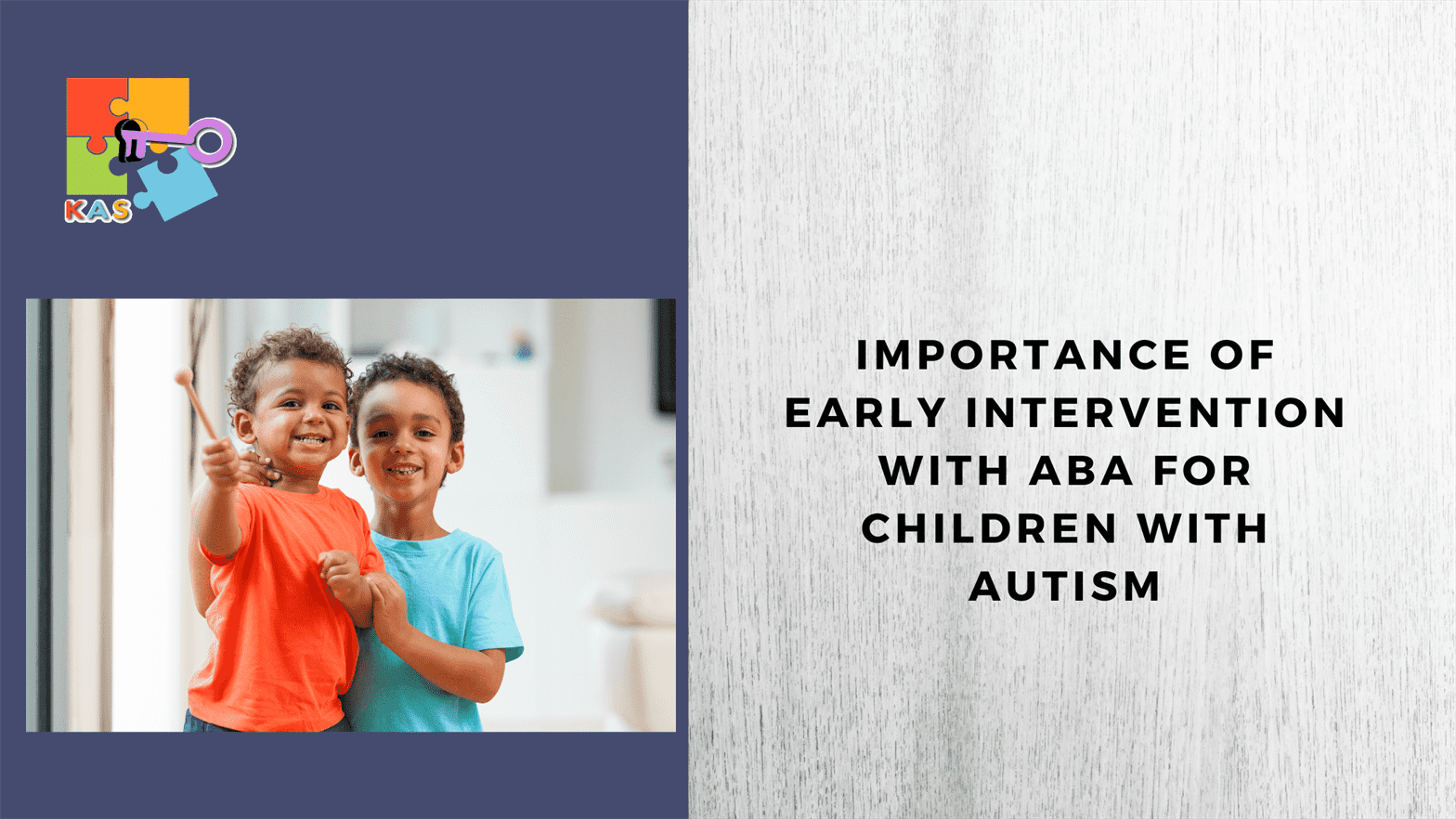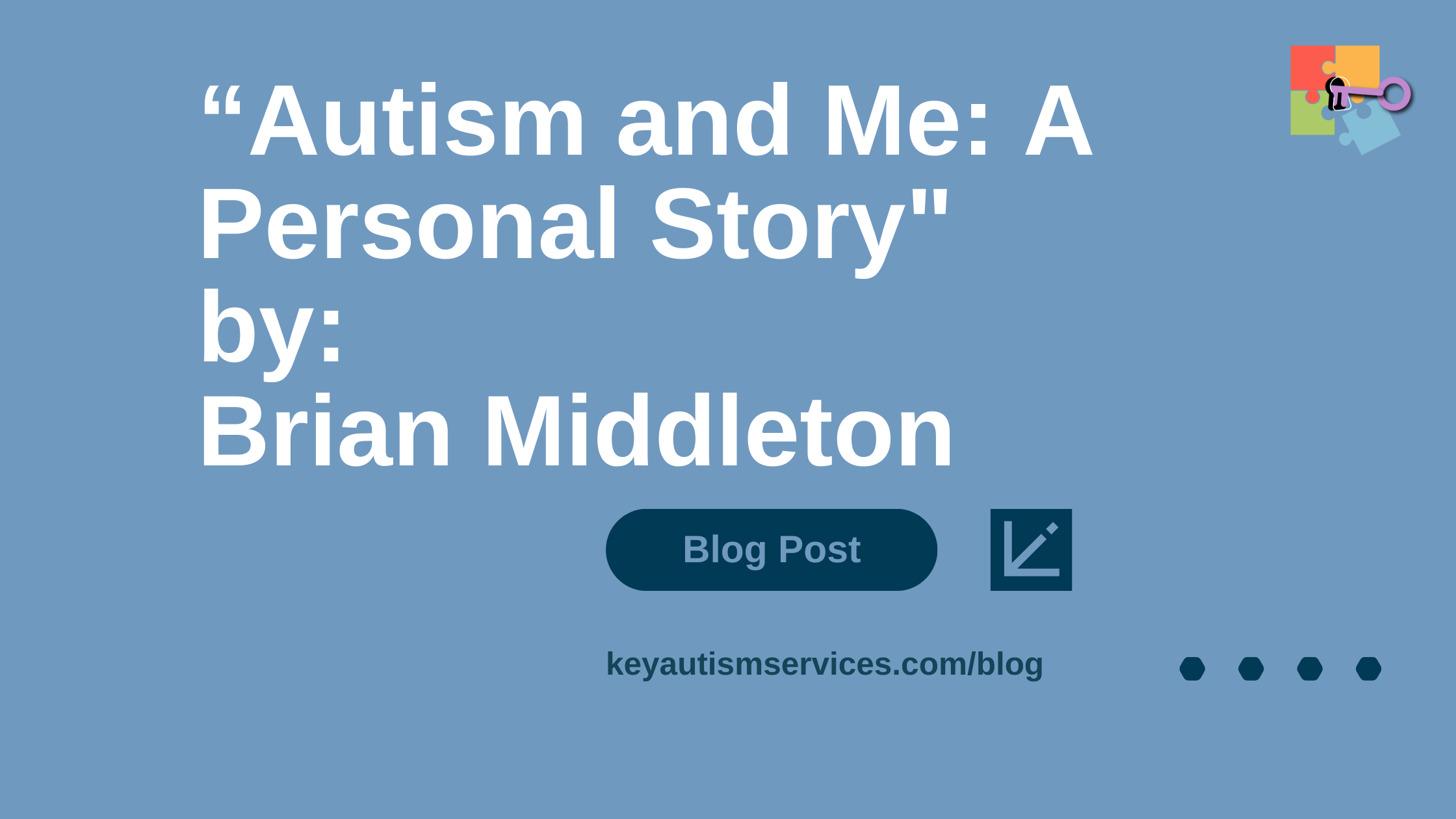Early Intervention is a critical topic and has always been encouraged because it pays attention to and supports the needs of newly diagnosed babies and young children with developmental delays and disabilities. In addition to services provided to them, it also supports families who go through the stages of denial, anger, bargaining, depression, and acceptance. It is not an easy journey trying to understand where you are, what you need to do, and finding someone who can truly help you.
According to the Centers for Disease Control and Prevention (CDC) (March 2023), Autism Spectrum Disorder (ASD) affects 1 in 36 children. Several studies have emphasized the fact that the earlier the diagnosis, if any deficits are suspected, followed by immediate intervention, the more successful the positive effects on the symptoms and the development of important life skills.
Some of the symptoms of Autism that are cause for alarm are in the domains of:
- Communication: Delays in speech, lack of speech, repetitive speech, echolalia, etc.
- Behavior: Hyperactive, impulsive, inattentive behaviors, engagement in restrictive and repetitive behaviors, lack of self-regulation and coping skills, engagement in mild to severe behaviors that could cause harm to self or others, etc.
- Social Skills: Inability to share, turn-take, understand social cues, engage in appropriate interactions, etc.
- Other areas of concern include poor fine and gross motor skills, poor cognitive and learning skills, irregular sleep habits, poor eating habits, etc.
- Health issues could include Epilepsy or seizure disorders, Gastrointestinal issues (constipation or bowel movement issues), etc.
When considering babies and very young children, understanding and paying attention to their developmental milestones is crucial. Some key concerns in that age range include a clear regression in developmental milestones & skills and could include but may not be limited to:
- Being unresponsive to their name
- Not engaging in gaining other’s attention to something
- Not showing interest in common items of interest
- Inability to engage in pretend play.
- Lack of eye contact
- often prefer to be alone
- Staring at something for long periods with a complete lack of awareness of the surroundings
- Lack of empathy or unresponsive to other people’s expressions
- Unusual high pain tolerance
- Lack of tolerance of daily items or situations in the home such as dog barking, loud noises, music, foods, smells, clothing, etc.
- Lining up toys or items
- Engagement in stereotypic behaviors such as flapping hands, walking on their toes, staring at hands, rocking their bodies, spinning, etc.
- Lack of tolerance for people’s touch, people talking, other people touching their toys, etc.
- Engagement in echolalia or repetition of sounds or words that they hear without relevance, clarity, or context.
- Regression of some skills that they had earlier on but stopped engaging in such as using initial sounds or full words, gaining attention when they are in pain, falling, are happy, attending when the name is called, etc.
Some important services that are recommended upon a new diagnosis include Speech therapy, Applied Behavior Analysis (ABA), Physical therapy, Occupational therapy, Feeding therapy, educational support, etc.
The benefits of Early Intervention impact all the domains mentioned above. Improvement can occur in Communication skills such as expressive and receptive language, pragmatics, etc.; inappropriate behaviors while reducing engagement in inappropriate behaviors; in social skills that include joint attention, pretend play, sharing, turn-taking, parallel play, independent play, etc. ABA therapy is research-based, is extremely effective, and supports improvement in all these domains.
It has been researched that many children with Autism are not diagnosed until they are older. It is alarming that this is more common than we think.
Some of the reasons for this could be:
- Due to parents not recognizing red flags for several reasons such as it being their first child and being unsure of when to bring any delays to a pediatrician, or with the hope that their child may outgrow some of the concerns, etc.
- not recognizing concerns as deficits or ignoring concerns until it is too late.
- unable to access the right diagnosticians, clinicians, or practitioners to address their concerns due to large waitlists and not enough resources within the family’s demographic area.
- not having the means to access healthcare due to costs and due to lack of funding that could provide access to the services needed specifically by the child in the family’s demographic area.
It is very important to be vigilant about how your child engages in play with self and others, learns from the environment and others uses verbal and non-verbal language, behaves in different situations, and even moves around the home and in other environments. If you notice any red flags, you must talk with your child’s pediatrician immediately. It is better to address the concerns right away as time is of the essence and you will be in a better position to slow down or even stop regression of developmental skills and support growth in all domains.
You can contact Key Autism Services by clicking HERE if you do not know where to begin the first steps of diagnosis and care. Key Autism Services supports families and can guide you further to ensure your child’s needs are met. As another option, parents could also get connected with an advocate if they are having difficulty accessing care and need guidance with the process. Hope this blog motivates you to act fast to help your child get the earliest intervention possible upon getting a new diagnosis of Autism or even during the process of getting one.
Resources:
Centers for Disease Control and Prevention: https://www.cdc.gov/ncbddd/actearly/parents/states.html
National Institute of Child Health and Human Development (.gov): https://www.nichd.nih.gov/health/topics/autism/conditioninfo/treatments/early-intervention
HealthyChildren.org: https://www.healthychildren.org/English/health-issues/conditions/Autism/Pages/Early-Signs-of-Autism-Spectrum-Disorders.aspx
National Autism Association: https://nationalautismassociation.org/resources/signs-of-autism/






